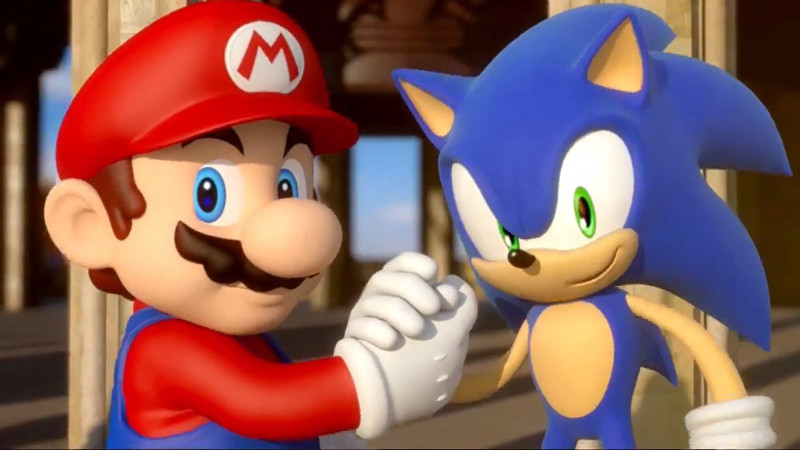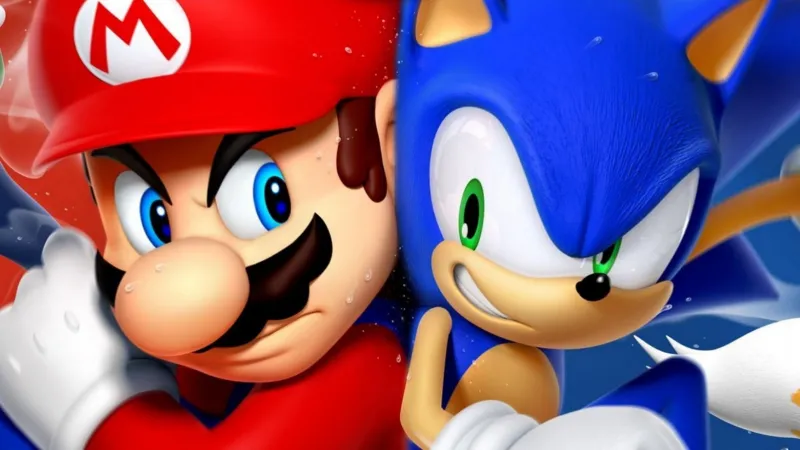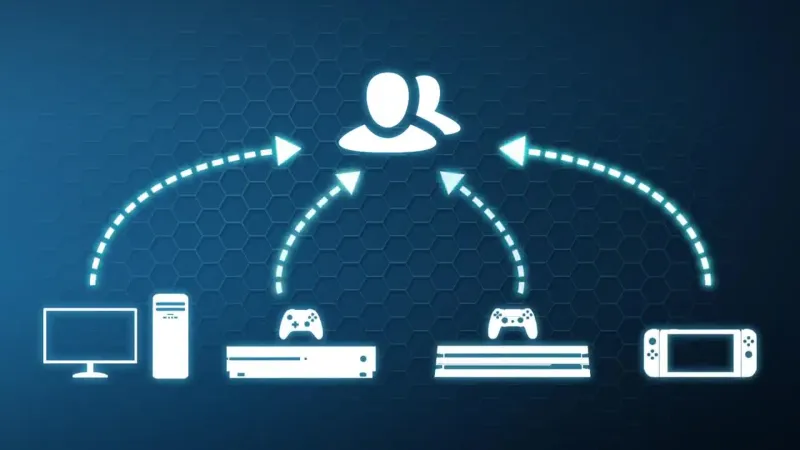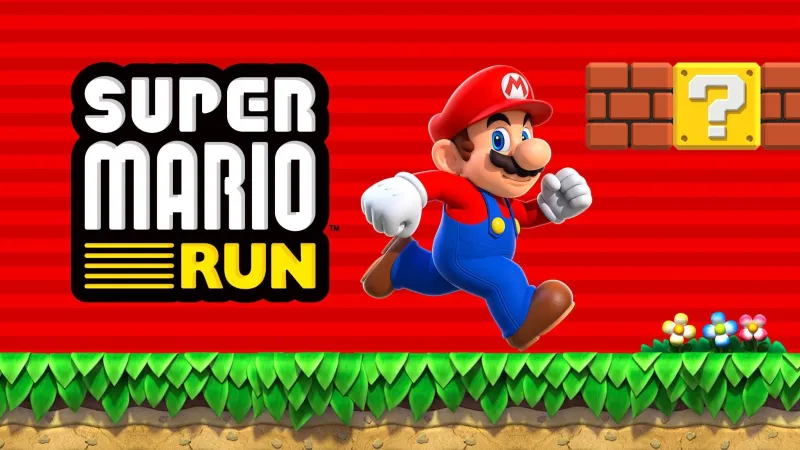
Never say never in video games. As we recently saw with MLB The Show going multiplatform, the seemingly impossible can still become reality, whether in the form of the revival of old franchises, unthinkable crossovers, or wild business decisions. The unpredictable and unlikely moments are part of what makes the game industry a lot of fun to follow. Here are just a few examples of times when pigs sprouted wings, dogs and cats got along, and skepticism was stomped into dust.

Sonic + Nintendo
Sonic and Mario may have a friendly rivalry today, but in the ‘90s the battle between Nintendo and Sega was anything but amicable. The bitter feud defined gaming during the first half of the decade with the companies’ respective mascots at the front of the battle lines. You either repped the Mushroom Kingdom or lived to go fast; liking both was the coward’s way out. Even for those who lived it, it’s still wild to think about how Sonic seemed to have a real shot at dethroning Mario as the king of the platforming space. As a child of the ‘90s, I’ll never forget how surreal and almost wrong it felt to see Sonic grace a Nintendo product for the first time. He was literally created to be the antithesis to Mario. My childhood icons spent years at each other's throats, but now they’re chumming around at the Olympics!

Cross-Play Between Consoles
Gaming platforms have traditionally been separated by a thick iron wall, so the idea of playing multiplayer against players on a different console than yours was fantastical at best. I remember playing Portal 2’s co-op and thinking how amazing it was that I was on PlayStation 3 while my friend was on Steam, and that’s peanuts compared to where we are today. Depending on the game, players across console, PC, and even mobile platforms can occupy the same multiplayer lobbies which is pretty bananas. As studios and platform holders become more comfortable with the idea (and the money it can bring), the trend has grown from being requested to expected. It wouldn’t surprise me to one day see a generation of players who laugh at the idea that Xbox and Nintendo players couldn’t throw down together.

Square Enix Remakes Final Fantasy VII
For many years, a remake of Final Fantasy VII occupied the short list of predictable gamer demands that you were sick of hearing about. Even I, a big fan of the game, grew tired because I accepted it was just never going to happen. Then E3 2015 rolled around and I, along with everyone else, collectively gasped when Square Enix announced it was actually happening. Not a port of the PC version of the original. Not another spin-off title. An actual remake of the 1997 classic, but Square would reinvent the experience instead of just polishing up the graphics. Based on the generally positive reception around Final Fantasy VII Remake, I don’t know what’s more shocking: that Square Enix actually made the game, or that it manages to live up to its impossible expectations

Valve Finally Makes A New Half-Life
No, Half-Life: Alyx isn’t Half-Life 3, but the fact that Valve made another full-scale Half-Life title is, frankly, astounding. Remember that Half-Life 2: Episode Two launched in 2007. That’s long enough to accept that the series had gone the way of the dodo. Plus, I’m pretty confident Valve doesn’t need to make a game ever again thanks to Steam’s success. But it did anyway, and much like Final Fantasy VII Remake, took a chance. In this case, making its hotly anticipated prequel available only to a small audience of VR owners. Whether you played Alyx or not, the fact that it exists renews hope that Half-Life 3 could finally happen.

Nintendo Develops First-Party Games For Mobile
Nintendo has a rough track record when it comes to licensing its characters on other platforms. The Zelda and Mario Phillips CD-i games are legendarily terrible and served as a reminder to Nintendo to keep its IP safely tucked in the nest of its own hardware. But as the mobile gaming market exploded, even Nintendo couldn’t resist its siren call forever. So, the company announced Super Mario Run, an official Mario platformer developed in-house for a non-Nintendo platform. That feels weird to even type. Sure, Nintendo’s mobile initiative may not have set the world on fire long-term (Super Mario Run performed well though) but it’s amazing the company tried at all given its history.
